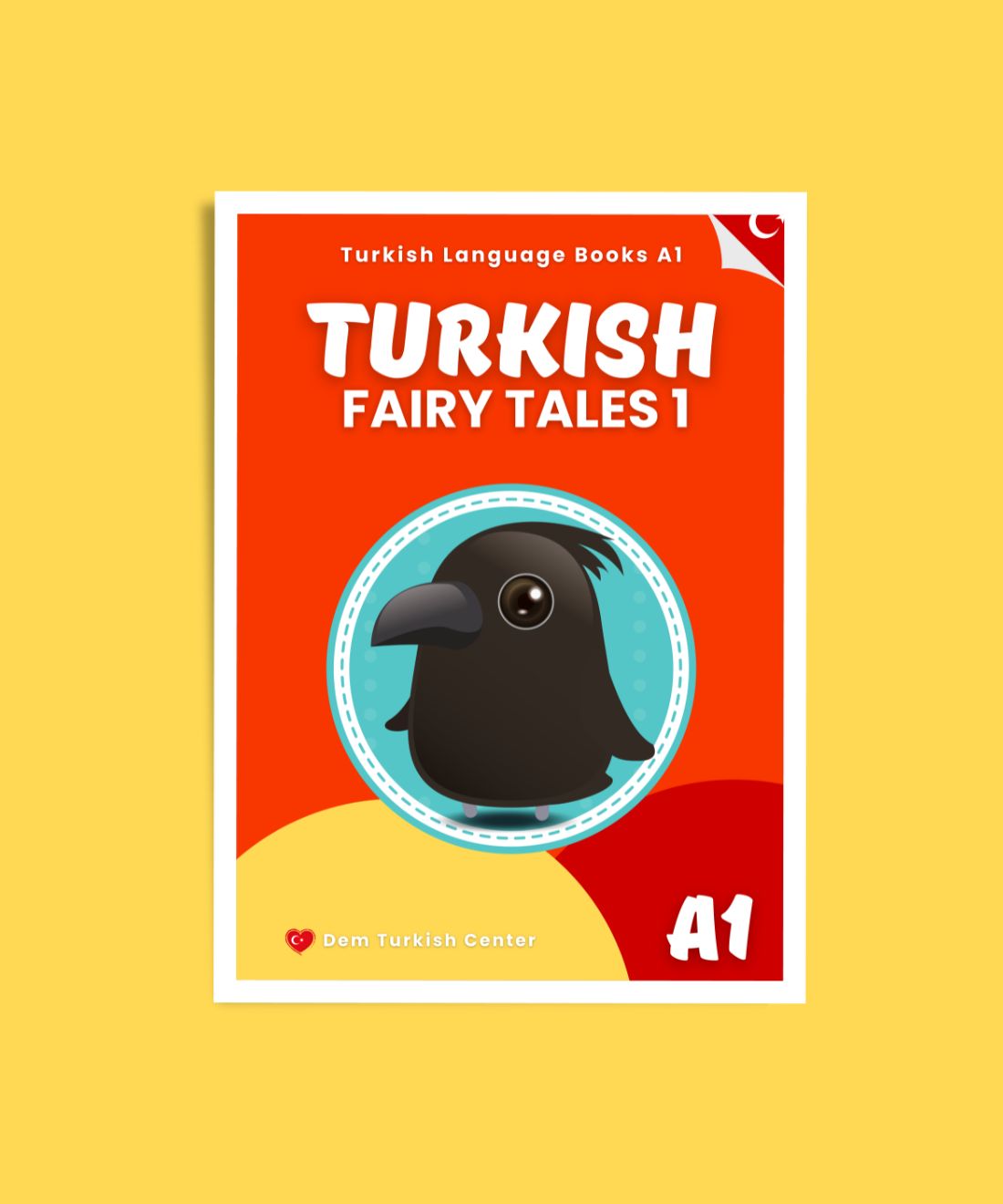
Turkish Songs in the Eurovision Song Contest
For nearly four decades, the Eurovision Song Contest served as a vibrant, often contentious, and always fascinating stage for Turkey. The nation’s journey from a peripheral participant to a powerhouse winner is a story that mirrors its own complex relationship with Europe. It’s a tale of cultural negotiation, musical evolution, and ultimately, a triumphant assertion of identity on the world’s most flamboyant stage. From its hesitant debut in 1975 to its triumphant win in 2003 and eventual withdrawal in 2012, Turkey’s Eurovision saga is one of the contest’s most compelling narratives.
This blog post explores that golden era, tracing the arc of Turkish entries from curious outsiders to confident champions and beloved innovators.
A Bridge Between Worlds: The Story of Turkish Songs in Eurovision (1975-2012)
View the playlist below for all the Turkish songs in the Eurovision Song Contest:
The Early Years: A Cautious Debut (1975-1996)

Turkey’s first foray into Eurovision was anything but confident. After years of hesitation, they finally took the plunge in 1975 with Semiha Yankı and the song "Seninle Bir Dakika" (One Minute With You). The result was a sobering last place, garnering a mere three points. The song itself, a melancholic and orchestral ballad, felt out of step with the more flamboyant entries of the era. This inauspicious start set the tone for a difficult two decades.
For years, Turkey struggled to find its footing. The country seemed caught in an identity crisis on the Eurovision stage. Should it present a fully "European" sound to appeal to the voters, or should it stay true to its own rich musical heritage? Often, the result was an awkward compromise. Entries like MFÖ’s "Didai Didai Dai" in 1987 or Kayahan’s "Biz Bize" in 1990 were pleasant pop songs, but they failed to leave a distinct impression or capture the hearts of European audiences.

This period was also marred by political friction. The ongoing Cyprus dispute frequently spilled over into the contest. Turkey felt politically isolated, and this perception of a "political voting bloc" working against them led to growing frustration. After scoring "nul points" in 1983, 1987, and 1989, the disillusionment was palpable. The country withdrew from the contest several times, questioning the point of participating in a game where the rules seemed stacked against them.
By the mid-1990s, it was clear that a new strategy was needed. Simply showing up with a generic pop song was not enough. Turkey needed a new formula, one that was authentically Turkish yet universally appealing.
The Turning Point: Şebnem Paker and the Ethno-Pop Revolution (1997-1998)
The turning point came in 1997 with Şebnem Paker. Her song, "Dinle" (Listen), was a revelation. The song was a beautiful fusion of Anatolian melodies, mystical lyrics, and a contemporary pop arrangement. It featured traditional instruments like the ney (reed flute) and darbuka (goblet drum), creating a soundscape that was instantly recognisable as Turkish, yet its emotional core was universal.
"Dinle" finished in third place—a monumental achievement for Turkey. For the first time, the country wasn't just participating; it was competing at the highest level. More importantly, it had found a winning formula: Ethno-Pop. This was the key that unlocked Europe’s vote. Instead of trying to sound European, Turkey had succeeded by proudly sounding like itself.

The following year, Şebnem Paker returned with "Unutamazsın" (You Can't Forget), solidifying this new direction. While it didn't podium, its respectable 14th place confirmed that "Dinle" was not a fluke. Turkey had discovered its musical niche, and the stage was set for a revolution.
The New Millennium: Confidence, Fusion, and a Youthful Energy
The early 2000s saw Turkey fully embrace its ethno-pop identity while injecting a heavy dose of modern energy. The 2000 entry, "Yorgunum Anla" (Understand I'm Tired) by Pınar Ayhan & The SOS, was a powerful, percussive anthem that combined a driving rhythm with Turkish folk elements, finishing in 10th place.

This era also saw the rise of a new generation of Turkish artists who were perfectly bilingual and bicultural, effortlessly blending East and West in their music. This was the generation that would ultimately bring Turkey its long-awaited victory.
The Triumph: Sertab Erener and "Everyway That I Can" (2003)
Turkey's first win. Every way that I can" by Sertap Erener.
In 2003, everything came together perfectly. Sertab Erener, an established and respected pop star in Turkey, was selected with the song "Everyway That I Can." The masterstroke was the song's composition. It was a slick, modern pop track with an irresistible eastern-tinged hook and a powerful, confident vocal performance from Sertab.

The performance in Riga was iconic. Sertab, flanked by dancers in a choreography that evoked both contemporary dance and traditional Oriental movements, was the epitome of cool, confident energy. The song was a perfect package: it was contemporary enough for the pop charts, yet its Turkish soul was undeniable. It was a celebration, not a compromise.
When the votes were counted, Turkey had won. The victory was seismic. It wasn't just a win for a song; it was a validation of a national strategy and a cultural identity. For a nation that had so often felt on the outskirts of Europe, this victory was a moment of immense pride and a powerful statement: "We belong here, and we will do it our way."
The Post-Victory Era: Maintaining the Momentum (2004-2010)
Hosting the contest in Istanbul in 2004, Turkey delivered one of the most memorable shows in Eurovision history, a celebration of its unique position as a bridge between continents. The post-victory period saw Turkey continue its successful fusion strategy with great flair.

Athena’s high-energy ska-punk performance of "For Real" in 2004 was a delightful curveball, finishing 4th. MaNga’s 2nd place in 2010 with "We Could Be The Same" was another high point, brilliantly fusing nu-metal and electronic rock with Anatolian melodies, proving the ethno-pop formula could evolve with the times.
Even entries that were less successful, like Şebnem Paker’s 2005 comeback with Mor ve Ötesi’s rock ballad "Deli" (Crazy) or the quirky pop of Kenan Doğulu’s "Shake It Up Şekerim" in 2007, showcased a country that was now confident, experimental, and unafraid to send a diverse range of artists.
The Final Bow: Can Bonomo and the End of an Era (2011-2012)
By 2011, the landscape of Turkish popular music and public sentiment was shifting. The national broadcaster, TRT, was increasingly critical of the contest's voting system and perceived political biases. Yet, Turkey continued to send compelling entries.

In 2012, Can Bonomo delivered one of the most creatively brilliant Turkish entries with "Love Me Back." A folk-rock sea shanty infused with Jewish klezmer influences, the song was a storytelling masterpiece. Bonomo’s theatrical performance, complete with a model ship and dramatic choreography, was a highlight of the Baku contest. It was quirky, authentic, and utterly memorable, finishing a respectable 7th.
Tragically, this creative high note would be Turkey’s last. Later in 2012, TRT announced its withdrawal from the contest, citing dissatisfaction with the rules and the "Big Five" system. The golden age of Turkish Eurovision was over.
The Legacy: More Than Just Songs
The story of Turkish songs in Eurovision from 1975 to 2012 is a microcosm of a nation finding its voice. It’s a journey from insecurity to self-assurance. The music evolved from derivative ballads to a powerful, unique fusion that became Turkey’s trademark. This sound—a blend of the mystical ney, the rhythmic darbuka, and haunting minor melodies with slick pop production—became one of the most distinctive and beloved genres in 21st-century Eurovision.
Beyond the music, Turkey’s participation served as a cultural bridge. For millions of Europeans, their annual exposure to Turkish culture came through the three-minute window of Eurovision. It humanised a nation often discussed in political or economic terms. Conversely, for Turks, especially the diaspora, seeing their culture celebrated on a European stage was a profound source of pride and a catalyst for a stronger sense of European identity.
The withdrawal of Turkey in 2012 left a void in the contest. The colourful, energetic, and musically rich entries that had become a staple were gone. The story that began with the tentative notes of "Seninle Bir Dakika" reached its climax with the triumphant roar for "Everyway That I Can" and ended with the poetic swansong of "Love Me Back." It was a journey of 37 years, a bridge between East and West built not on politics, but on the universal language of music.
The List Of Turkish Songs From 1975 To 2012
Although Turkey has not participated since 2012, its contributions to Eurovision remain iconic. Turkish Songs like "Everyway That I Can", "Düm Tek Tek", and "Dinle" are celebrated as classics, and Turkey's diverse entries continue to inspire fans worldwide.
Here is a comprehensive list of all Turkish entries in the Eurovision Song Contest, with detailed information about each song.
- 2012, Can Bonomo, "Love Me Back" 7th with 112 points, English. A quirky and nautical-themed entry.
- 2011, Yüksek Sadakat, "Live It Up" 13th place (47 points, did not qualify for the Grand Final), English. A rock performance with a blend of alternative and mainstream rock influences, complemented by striking visuals.
- 2010, maNga, "We Could Be the Same" 2nd with 170 points, English. A rock band with a visually impactful performance.
- 2009, Hadise, "Düm Tek Tek" 4th with 177 points, English. A pop hit with strong beats and Eastern melodies.
- 2008, Mor ve Ötesi, "Deli" 7th with 138 points, Turkish. A powerful rock ballad with emotional depth.
- 2007, Kenan Doğulu, "Shake It Up Şekerim" 4th with 163 points, English. A charismatic and vibrant stage performance, combining dance-pop with Turkish flair.
- 2006, Sibel Tüzün, "Süper Star" 11th with 91 points, Turkish. A lively pop song with disco and Eastern musical influences, reflecting the upbeat and glamorous nature of Eurovision.
- 2005, Gülseren, "Rimi Rimi Ley" 13th with 92 points, Turkish. A lively and colorful stage performance with a mix of traditional Turkish and Balkan rhythms.
- 2004, Athena, "For Real" 4th with 195 points, English. A punk-rock anthem with infectious energy.
- 2003, Sertab Erener, "Everyway That I Can" 1st with 167 points, English. Turkey’s first win. A pop anthem with Eastern influences and a dramatic performance.
- 2000, Pınar Ayhan & SOS, "Yorgunum Anla" 10th with 59 points, Turkish. A jazzy ballad that impressed audiences.
- 1997, Şebnem Paker & Grup Etnik, "Dinle" 3rd with 121 points, Turkish. A mix of Turkish folk and modern pop. This is Turkey's first major success in Eurovision.
- 1995, Arzu Ece, "Sev!" 16th with 21 points, Turkish. A song emphasizing love and peace.
- 1993, Burak Aydos, "Esmer Yarim" 21st with 10 points, Turkish. A modern entry with traditional undertones.
- 1992, Aylin Vatankoş, "Yaz Bitti" 19th with 17 points, Turkish. A soulful and melancholic ballad.
- 1991, İzel, Reyhan & Can, "İki Dakika" 12th with 44 points, Turkish. A playful and dynamic trio performance.
- 1990, Kayahan, "Gözlerinin Hapsindeyim" 17th with 21 points, Turkish. A romantic ballad performed by one of Turkey’s legendary singers.
- 1989, Pan, "Bana Bana" 21st with 5 points, Turkish. A youthful and cheerful pop song that didn’t resonate with voters.
- 1988, MFÖ, "Sufi" 15th with 37 points, Turkish. A song with philosophical themes, blending folk and pop.
- 1987, Seyyal Taner & Lokomotif, "Şarkım Sevgi Üstüne" 22nd (last place) with 0 points, Turkish. Despite a powerful performance, it ended with zero points.
- 1986, Klips ve Onlar, "Halley" 9th with 53 points, Turkish. Inspired by Halley’s Comet, this entry brought a futuristic vibe. It was Turkey’s first Top 10 finish.
- 1985, MFÖ, "Didai Didai Dai" 14th with 36 points, Turkish. This was the first of MFÖ’s three Eurovision appearances. Their quirky style and catchy tune added charm.
- 1984, Beş Yıl Önce, On Yıl Sonra, "Halay" 12th with 37 points, Turkish. A lively pop song incorporating traditional "halay (Turkish folk dance)" rhythms. It showed an evolution in Turkey's Eurovision approach.
- 1983, Çetin Alp & The Short Wave, "Opera" 19th (last place) with 0 points, Turkish. A quirky entry celebrating opera, but it was poorly received. The performance's campy elements and unconventional style may have contributed to its failure.
- 1982, Neco, "Hani?" 15th with 20 points, Turkish. A jazz-infused pop track with lively energy. Neco's charisma stood out, but it didn’t translate into a high score.
- 1981, Modern Folk Üçlüsü & Ayşegül Aldinç, "Dönme Dolap" 18th with 9 points, Turkish. This entry featured a mix of modern and traditional styles. The trio and Ayşegül Aldinç delivered a spirited performance, but it didn’t score well.
- 1980, Ajda Pekkan, "Pet’r Oil" 15th with 23 points, Turkish. A funky disco track by Turkey’s iconic pop star Ajda Pekkan. Despite her superstar status, the song’s theme about petroleum failed to resonate widely.
- 1978, Nilüfer & Grup Nazar, "Sevince" 18th with 2 points, Turkish. After a two-year break, Turkey returned with an upbeat song combining pop and folk influences. The staging was cheerful, but it struggled to capture points.
- 1975, Semiha Yankı, "Seninle Bir Dakika" 19th (last place) with 3 points, Turkish. Turkey's Eurovision debut featured a melancholic ballad. The performance was simple, with Semiha Yankı dressed in a minimalist outfit. Despite a poor result, it marked Turkey's start in the contest.
Overview of Turkey’s Eurovision Journey
- Years Participated 34 (1975–2012)
- Wins 1 (2003, Sertab Erener)
- Best Placements 1st (2003), 2nd (2010), 3rd (1997)
- Language Turkish (primarily until the 2000s), English (2003 onward)
- Notable Genres Pop, Rock, Folk Fusion
Turkey withdrew from the contest after 2012, citing dissatisfaction with voting systems. However, its contributions to Eurovision remain iconic.














